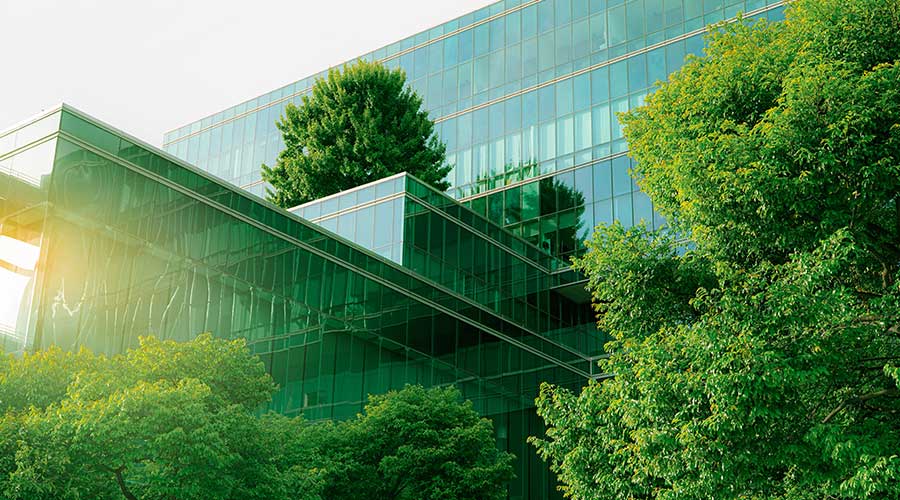Green Building News: Climate Change Economics, LEED AP Credentials And McKinsey & Company
Analyzing Climate Change Economics
U.S. energy consumption and greenhouse gas emissions could be cut in half by 2050 with only a "small but net positive gain" on the economy, according to a report by the American Council for an Energy-Efficient Economy (ACEEE).
"The Positive Economics of Climate Change Policies: What the Historical Evidence Can Tell Us" states that both critics and supporters of climate and energy legislation are overestimating the negative impact greenhouse gas restrictions would have. The report also concludes that energy efficiency investments can provide up to one-half of the needed greenhouse gas emissions reductions and that investment in more energy product technologies can lead to substantial net energy bill savings — on order of about $2 trillion by 2050. Visit www.aceee.org/pubs/e095.htm to read the full report.
Credentialing Maintenance
The Green Building Certification Institute has created a program for professionals who want to maintain their LEED Green Associate or LEED Accredited Professional (AP) credentials. To maintain a specialty (Building Design and Construction, Interior Design and Construction, Operations and Maintenance, Homes or Neighborhood Development), LEED APs will be required to complete 30 hours of continuing education and LEED Green Associates 15. The requirement, which must be completed every two years, must include six hours of LEED-specific education for LEED APs and three for LEED Green Associates.
LEED credential holders can use a range of activities to earn credit toward their credentialing maintenance. Those activities include continuing education as well as the practical application of LEED on projects and participation in the green building community. GBCI will periodically audit continuing education, and organizations called Education Reviewing Bodies (ERBs) will approve particular programs for continuing education.
All continuing education will be self-reported on the "My Credentials" section of www.gbci.org. The "My Credentials" site will launch Nov. 1, but candidates must enroll in the Credentialing Maintenance Program prior to that date. As of late August, more than 1,600 LEED APs had enrolled.
At the end of the two-year reporting period, if the hours haven't been accumulated (and a $50 fee paid within 30 days of the deadline), the credential will expire.
Energy Savings Galore
A report by McKinsey & Companys says the United States can reap $1.2 trillion in savings by investing $50 billion per year in building energy efficiency and other green measures for buildings through 2020. This represents a return on investment of more than two-to-one, the report says. Such an investment could reduce the nation's energy consumption by 23 percent, save 1.1 gigatons in annual greenhouse gas emissions, and create as many as 900,000 new on-going jobs.
The report states that a comprehensive energy strategy could reduce the annual non-transportation end-use energy consumption from 36.9 quadrillion BTUs in 2008 to 30.8 quadrillion BTUs in 2020. 
TOP 10 ECO FRIENDLY UNIVERSITIES
- University of Colorado, Boulder
- University of Washington, Seattle
- Middlebury College
- University of Vermont
- College of the Atlantic
- Evergreen State College
- University of California, Santa Cruz
- University of California, Berkeley
- University of California, Los Angeles
- Oberlin College
SOURCE: SIERRA CLUB
|
Related Topics:















